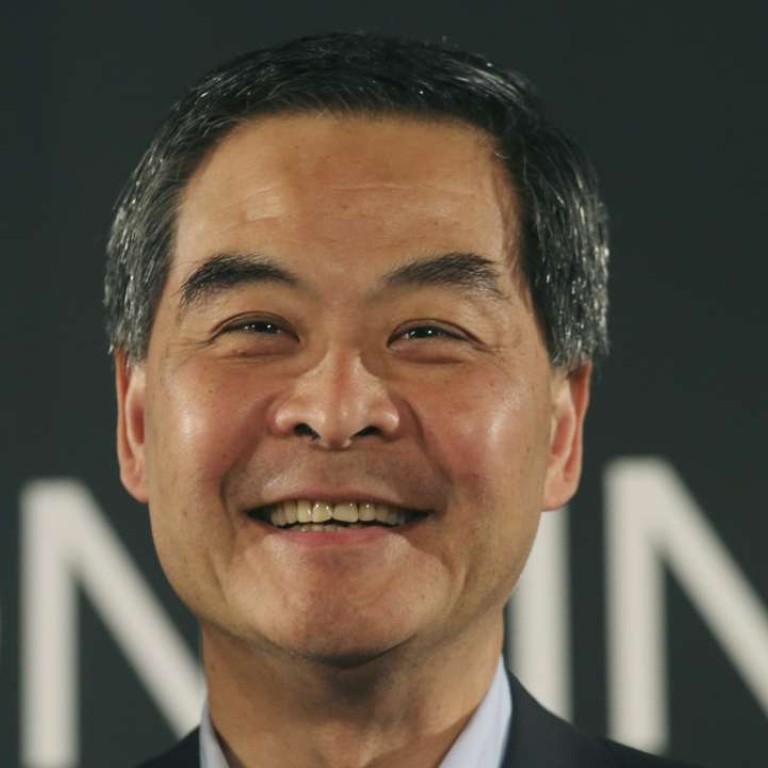
Uncertainty prevails in Hong Kong after Leung Chun-ying decides not to seek second term
The city is not like the US, the UK and the Philippines because Beijing has the final say in our political matters
The opposition has been on a roll. It won a Legislative Council by-election, added to its vote count in the Legco elections, triumphed in using its ABC – “Anyone But CY” – campaign to topple Chief Executive Leung Chun-ying and grabbed more than a quarter of the 1,194 seats in the committee that will select the chief executive.
It achieved all that by branding Leung a bogeyman who bowed to Beijing, bent the rule of law and battered societal harmony. It said change was the only way to mend our broken society.
Selling a message of change has been on a global roll. Change – for better or worse – came to Britain with Brexit, to the Philippines with the election of the mercurial Rodrigo Duterte as president and to the US with the election of Donald Trump. It has swept into Hong Kong with Leung’s decision to bow out.
But we need to remember that change means one thing in democracies and another in Hong Kong, a semi-democracy under communist China. In democracies, the people choose the change they want. In Hong Kong, China chooses, with or without input from the people. Having dethroned Leung, the opposition must define the change it wants. It’s puerile to say it wants a less divisive leader. It takes two sides to divide but both sides to unite.
The one change that can never happen is the opposition’s demand for self-determination defined as true democracy that bans a mainland role in everything except defence and foreign affairs. It’s not that I don’t want a genuine choice in choosing our leader with no Beijing input. I know it’s unrealistic. Beijing knows a free-for-all chief executive election could produce winners such as Sixtus Baggio Leung Chung-hang.

